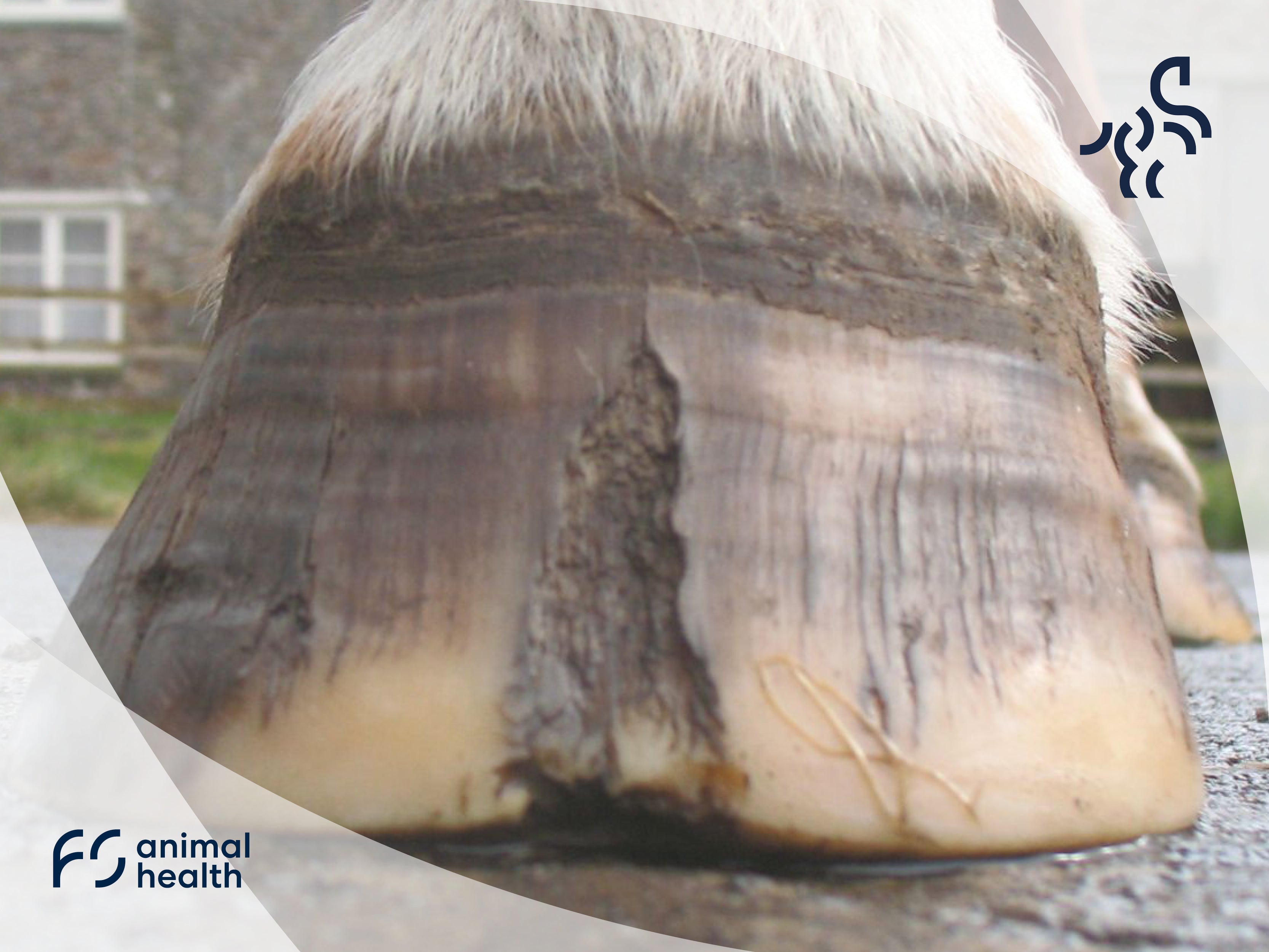Oil in horse feed – which is the right one?
“But we use sunflower oil”… we hear this argument every day, but how do the cheap oils from the supermarket differ from the expensive ones in specialist shops?
Expensive is not always good. We can say that in advance. However, if you take a closer look at the composition of the oils, there are many indications that investing in high-quality fish or linseed oil is worth it.
The question often arises as to whether horses can digest oil at all. Rumor has it that this is hardly possible due to the lack of a gallbladder. In fact, horses do not have a gallbladder. The reason for this is that their predominantly low-fat diet does not require a large supply of bile acid. Instead, they store their bile in the liver. Horses also have fat-decomposing enzymes in their stomach, small intestine and liver. Horses are therefore certainly able to digest oil. However, care should be taken to keep daily intake within limits. Just 60ml a day is enough for high-quality fish or linseed oil to develop its positive effects.
After answering this basic question in the affirmative, it remains to be determined which oil is best for horses. Feed oils should contain a high proportion of unsaturated fatty acids. The body cannot produce these itself, so they must be ingested through food. Unsaturated fatty acids include omega-3 and omega-6 acids. Since the proportion of omega-6 fatty acids in the normal feed ration is usually higher, an oil with a high proportion of omega-3 fatty acids should be chosen. Fish or linseed oil is therefore particularly suitable. However, since fish oil is not well accepted, linseed oil is the best choice for feeding horses. But how does linseed oil differ from conventional oil from the supermarket? While linseed oil has a very high proportion of omega-3 fatty acids, the omega-6 fatty acids are too dominant in sunflower oil. In order to achieve a nutritionally positive effect on the general well-being of the horse, a balanced composition of the essential fatty acids is required. Sunflower oil, for example, is easily digestible. However, the ratio of omega-3 and 6 fatty acids to each other is very unfavorable (0.5% omega-3 / 70% omega-6). In addition, it does not contain the valuable vitamins and minerals like fish or linseed oil.
With the right oil, feeding can achieve various benefits. On the one hand, the increased energy requirement can be covered by oil. On the other hand, positive nutritional effects on general well-being can be observed. As a feed additive, oil can improve coat, skin and hoof structure. Horses with arthritis or eczema in particular benefit from the anti-inflammatory effect. In addition, oil binds the dust particles in the feed, which relieves the horse's respiratory tract.
So it is the small but subtle difference that you should pay attention to when buying.
Our product recommendation regarding linseed oil:
Curragh Carron Oil by TRM.



